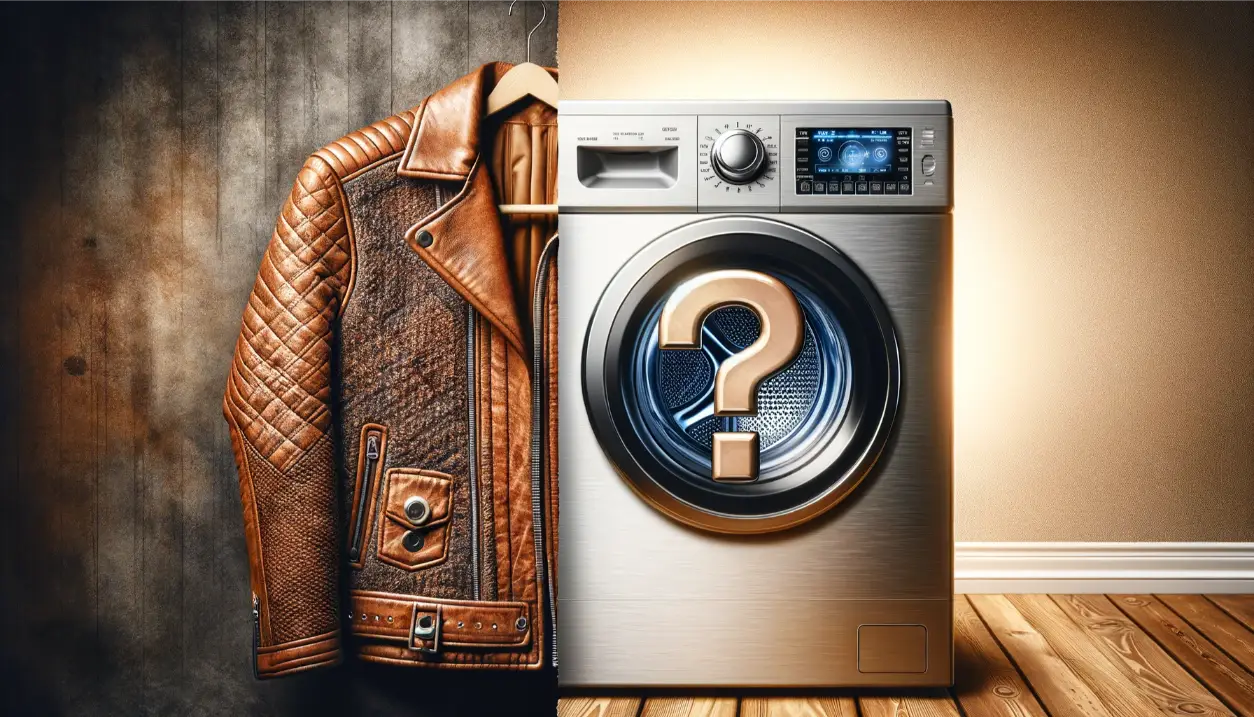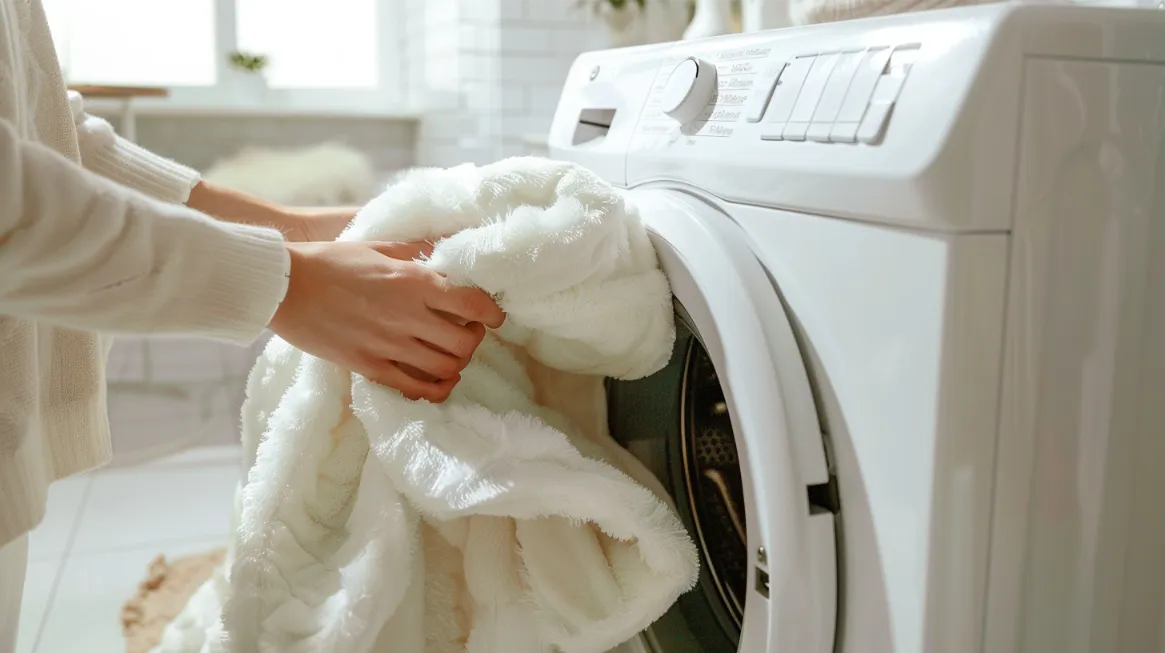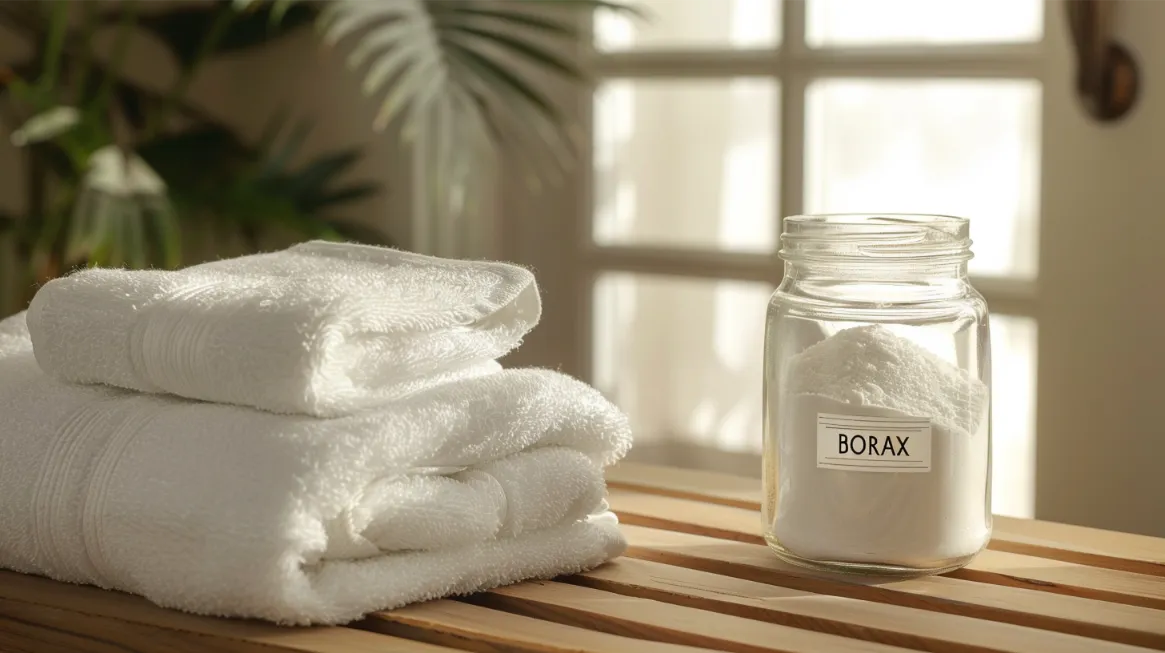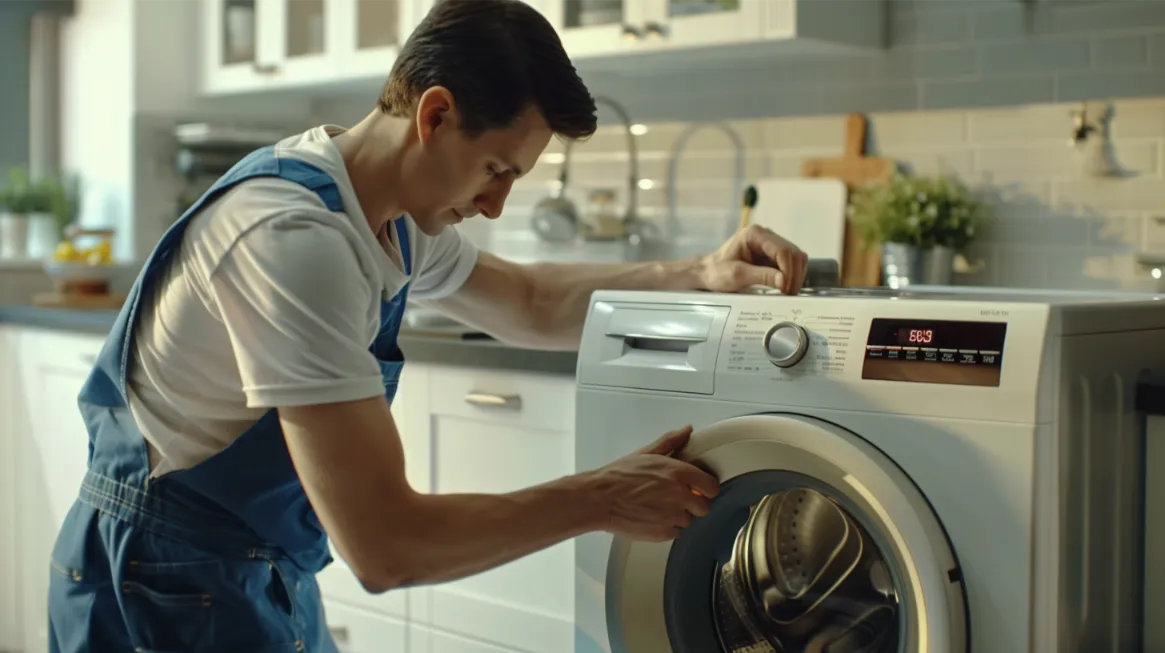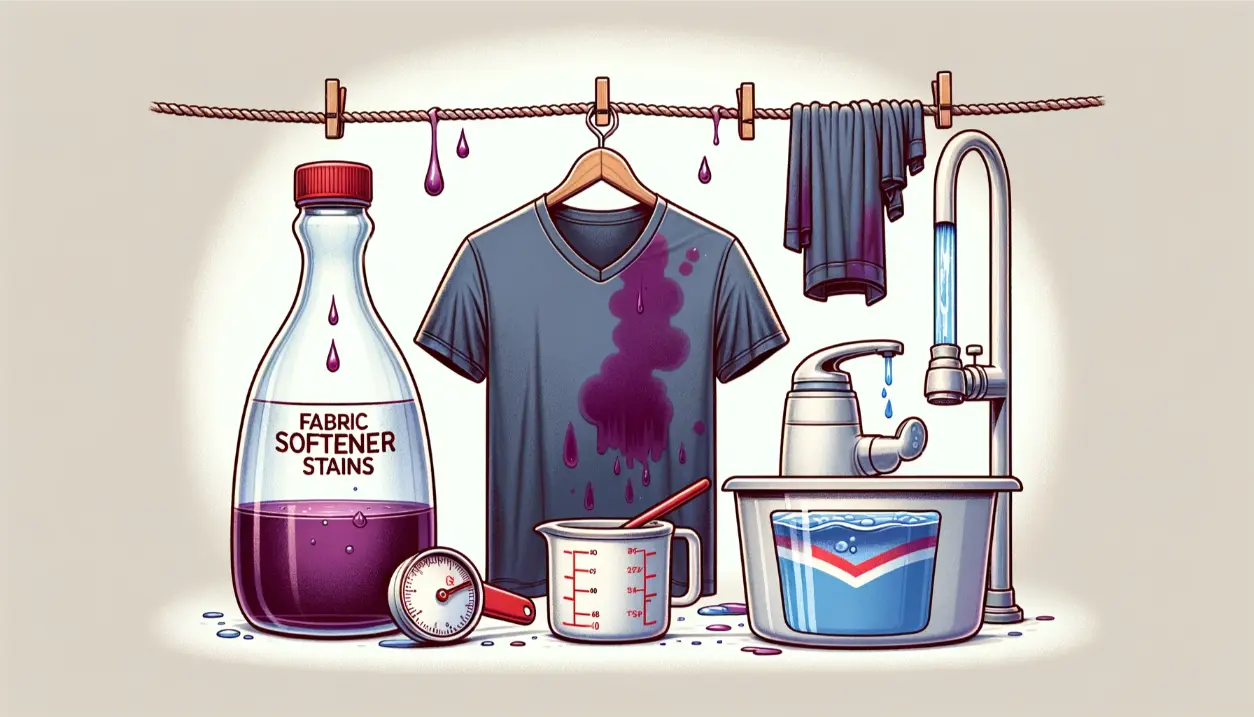In household appliances, choosing between a top-load and front-load washer can be a critical decision impacting your daily routine.
Each type offers distinct advantages and features that cater to different preferences and needs. The decision-making process considers cleaning performance, energy efficiency, capacity, and maintenance requirements.
Understanding these key aspects will help you make an informed choice that aligns with your lifestyle and laundry habits. Let’s explore the nuances of top-load and front-load washers to help you determine which option suits your needs best.
Key Takeaways
- Front load washers are more energy and water-efficient, making them cost-effective and environmentally friendly.
- Consider capacity and space: top load for large families, front load for smaller spaces under 5.0 Cu. Ft.
- Maintenance varies: The front load may need more upkeep and costly repairs, while the top load is easier to maintain.
- Front-load performs efficiently with efficient stain removal, but upkeep is crucial to prevent mold growth.
Key Differences Between Top Load and Front Load Washers
When comparing top-load and front-load washers, it is essential to understand the key differences in their energy efficiency, cleaning performance, load capacities, and overall suitability for various laundry needs.
Front load washers are renowned for superior energy efficiency, using 25-50% less energy than top load washers. This efficiency is attributed to their horizontal drum rotation, which enhances cleaning performance and reduces water usage.
On the other hand, top-load washers are popular for their larger load capacities, making them ideal for handling bigger loads of laundry. Additionally, front-load washers are known to be gentler on clothes, offering better stain removal and overall care for delicate fabrics.
While front-load washers excel in cleaning performance and energy efficiency, top-load washers are favored for their affordability and ease of use. Understanding these distinctions is crucial in selecting the most suitable washer based on individual preferences and laundry requirements.
Efficiency Comparison: Top Load Vs Front Load
In evaluating the efficiency of top-load and front-load washers, a clear distinction emerges in their energy consumption and water usage patterns. Front-load washers are notably more energy-efficient, with a 25-50% higher efficiency range than top-load washers. This efficiency stems from their design, allowing optimal energy utilization during each cycle.
Additionally, front-load washers are engineered to be water-efficient, using significantly less water than their top-load counterparts. Their efficient cleaning mechanism enables them to remove stains while minimizing water consumption effectively.
On the other hand, although top-load washers may consume more water overall, they can still be energy-efficient, especially when operated with cold water settings. When considering efficiency in terms of energy and water usage, front-load washers are the more environmentally friendly and cost-effective option compared to top-load washers.
Capacity and Space Considerations
Given the varying capacities and space considerations between front-load and top-load washers, it is essential to carefully assess your laundry needs and available area before selecting. Front-load washers typically offer capacities under 5.0 Cu. Feet, making them ideal for smaller loads and spaces with constraints. On the other hand, top-load washers generally provide larger capacities, which are more suitable for larger families or handling bigger loads.
Front-load washers can be elevated with pedestals to facilitate easier loading and unloading in limited spaces, enhancing convenience. Top-load washers excel in managing heavier loads without causing excessive wear and tear on the machine.
When deciding between front-load and top-load washers, it’s crucial to consider your typical load size and the space available in your laundry area to ensure that the chosen washer meets your requirements efficiently. By understanding each type’s capacities and space constraints, you can make an informed decision that aligns with your laundry needs.
Maintenance and Repairs: Top Vs Front Load
Maintenance and repair considerations differ significantly between top-load and front-load washers, with distinct factors influencing each type’s long-term upkeep and performance. When comparing maintenance and repairs for top-load vs. front-load washers, several key points should be considered:
- Mold Growth: Front-load washers may require more maintenance due to the rubber gasket and door seal, which can be prone to mold growth.
- Cost of Repairs: Repairs for front-load washers can be costlier than top-load washers, potentially impacting long-term maintenance costs.
- Availability of Replacement Parts: Top-load washers are generally easier to repair and find replacement parts, with fewer components prone to failure.
- Simplicity of Maintenance: Maintenance for top-load washers is typically more straightforward than front-load washers, reducing potential repair issues.
Performance Factors to Evaluate
Enhancing laundry performance involves thoroughly evaluating key factors influencing the effectiveness and efficiency of both top-load and front-load washers. Front-load washing machines are known for being energy-efficient and water-efficient, utilizing less water and extracting more water from clothes during the spin cycle. This efficiency not only contributes to lower utility bills but also reduces the environmental impact of each wash.
Regarding cleaning performance, front-load washers excel in stain removal due to their tumbling motion, which is more effective at agitating and cleaning clothes than the agitator mechanism in top-load washers. Additionally, front-load washers have superior water extraction capabilities, leaving clothes drier post-wash. However, to maintain these high levels of performance, regular maintenance is crucial to prevent mold growth, a common issue in front-load washers due to their design.
Price Variations: Top Load Vs Front Load
When comparing top-load and front-load washers, price variations play a significant role in determining the cost-effectiveness of each option over time. Here are some key points to consider:
- Upfront Cost: Top-load washers are generally more budget-friendly than front-load washers. This makes them a suitable choice for those looking to save money at the time of purchase.
- Long-Term Expenses: Front-load washers may have a higher initial price tag, but they offer cost savings in terms of energy efficiency and water usage over the long term. This can result in lower utility bills and overall operational costs.
- Affordability: A top-load washer might be the most affordable if you work within a strict budget and prioritize immediate savings.
- Energy Efficiency: While front-load washers may cost more initially, their energy-efficient features make them a sustainable choice for environmentally conscious consumers looking to save on utility expenses in the long run.
Frequently Asked Questions
Is It Better to Have a Top or Front Load Washer?
Choosing between a top-load or front-load washer depends on individual preferences and needs. Consider factors like energy efficiency, cleaning performance, convenience, and budget. Assess which features align best with your priorities to make an informed decision.
What Are the Disadvantages of a Front-Loading Washing Machine?
Front-loading washing machines are susceptible to mold and mildew due to design factors. Maintenance is crucial to prevent odor and mold growth, especially in the rubber gasket and door seal. Regular upkeep is essential to mitigate these issues.
Which Type of Washing Machine Is Best for Home Use?
Load size, efficiency, and cleaning performance are crucial when considering a home-use washing machine. Front-load washers excel in larger capacities and energy efficiency, while top-load washers offer affordability and quicker cycles for smaller loads.
Which Type of Washing Machine Has a Longer Life Expectancy?
Front-load washers generally have a longer life expectancy compared to top-load washers. The design of front load washers with horizontal drum rotation puts less strain on components, contributing to increased durability. Regular maintenance enhances the longevity of both types.


